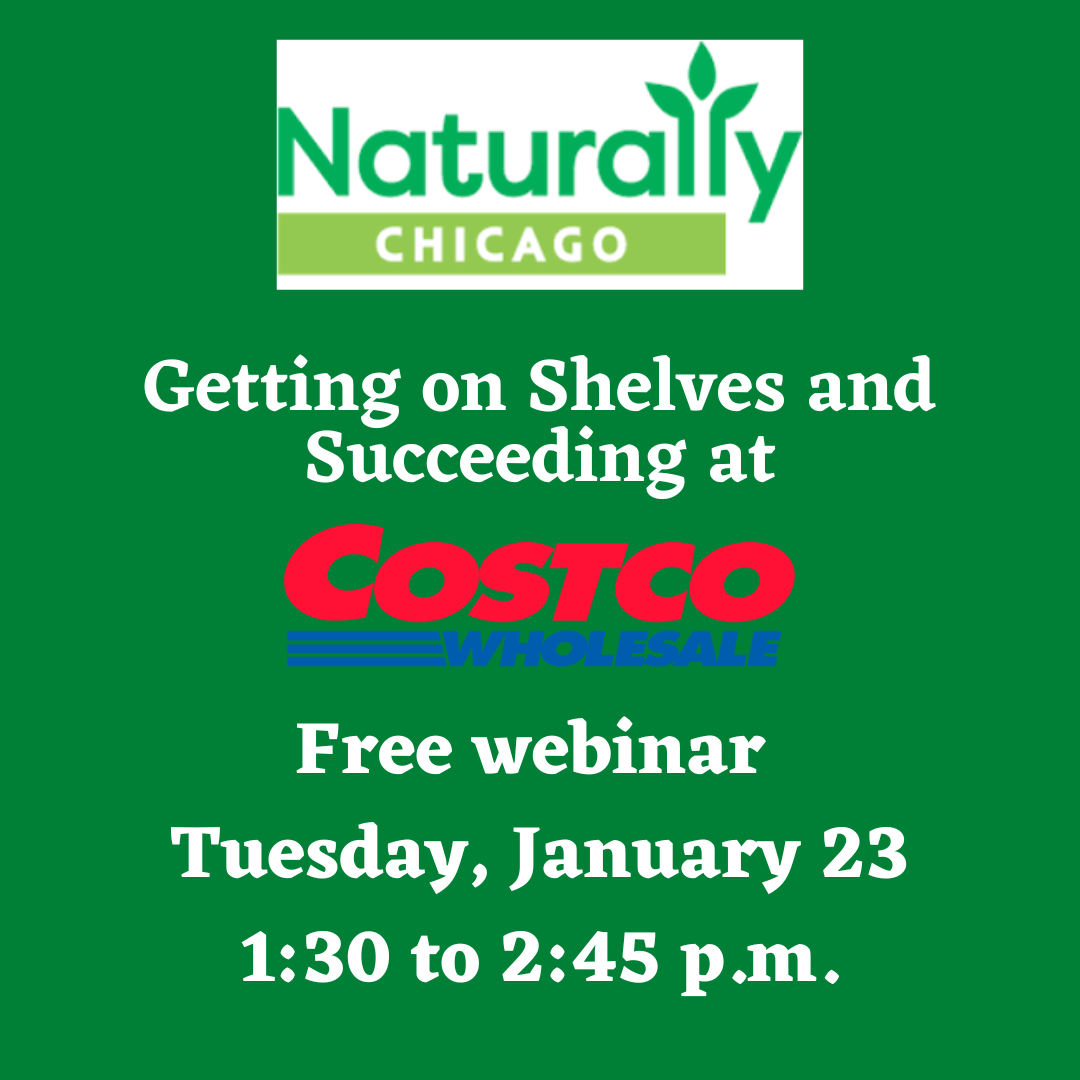Q&A Responses
Q: Can you address pricing products in relation to the rest of the market?
A: We work on a cost-plus margin model. Our goal is to drive efficiency into the item to lower the cost then apply our margin.
Q: What is the average spoils allowance?
A: It varies by item. It can range from 0.25% - 3%. The buyer will guide you based on similar products.
Q: What would be the best way to connect to your Kirkland [Signature] brand when we are interested in selling specific functional ingredients for food and bev?
A: Please contact our corporate headquarters and request to speak to a beverage buyer.
Q: Are there any differences on how Costco works with international brands rather than domestic brands?
A: Same protocols as domestic products with the addition of needing to be fully compliant for importing into the U.S., and a social audit may be required.
Q: Would Costco be open to being the first point of sale in the U.S. market for an international brand?
A: Yes. Our members are foodies. They love international products. We carry many items in our warehouses today that you may not have seen unless you have visited that country.
Q: Is the 14 percent [markup] based on delivered cost to your depot? A: Yes.
Q: How do you bring your food safety experts to the table so they can be better business partners to support business growth? What do you wish your food safety leaders would do or bring more of?
A: Food safety is a big concern for our company since we sell millions of items everyday. All food products must come from a facility that is food safety certified prior to product arriving in our warehouses. Our internal team is a wealth of knowledge who are willing to support all of our vendors as needed to navigate concerns or issues that arise. We have very high expectations of the quality of all products we sell — this is the biggest area of opportunity for all suppliers. Inspect what you expect. If utilizing a co-packer, ensure you or a company representative is onsite for the production runs to ensure the product meets your expectations. Product pulled from the shelves can be very costly and can be mitigated with proper quality controls.
Q: What products does Costco lack on the shelves and are focusing more on finding?
A: I don’t think we are missing a category. However, since Covid, innovation has slowed down. We are looking for new and exciting products to elevate what we currently carry.
Q: Does Costco see plant-based foods as a growth opportunity to meet consumer demand as well as help achieve sustainability goals?
A: Yes. While the base is still small, we continue to try a variety of items to support this member. Plant-based foods have come a long way in the past 10 years and we continue to see improvements on flavor, texture, and ingredients. There is lots of innovation in this category. Our goal is to have a great tasting product and by the way it happens to be plant-based, so all members would purchase it, not just a small segment of the market.
Q: Do all vendors have to be SQF/GFSI certified?
A: All vendors have to be food safety certified. Those audits do qualify if your manufacturing plant has it. However, there are several auditing companies we do accept. Please do not secure an audit specifically for Costco unless directed to by a Costco buyer. We do have additional requirements in our audits that may be needed.
Q: Can we secure a Costco buyer list for each region? How do we find out who the buyer is for our region and category?
A: We do not post or give our specific buyer information because there are changes. Please see below for the regional office phone numbers and the states they are responsible for managing. Just ask the receptionist for the buyer in your category and they will connect you with the appropriate person. Foods and sundries are bought at the regional level (except Kirkland Signature) and all non-foods, pharmacy, HABA [health aid beauty aid], and private label are bought out of our corporate offices.
